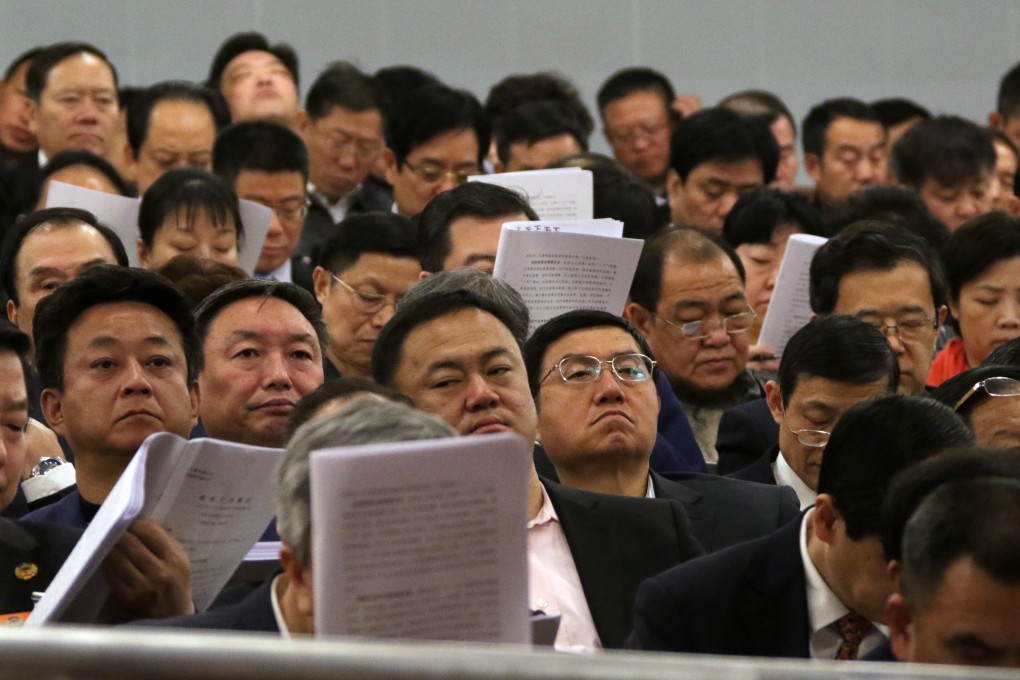Opinion | China's resolve to fight corruption can no longer be doubted
Hu Shuli says with its commitment to clean governance on display at the parliamentary sessions, those hoping for a reprieve should think again

Unsurprisingly, the anti-corruption crackdown has been a major item on the agenda of this year's parliamentary meetings. In his report on the government's work, Premier Li Keqiang spoke of the "harrowing" extent of the problem, and warned government officials against any abuse of power.
Yu Zhengsheng , chairman of the Chinese People's Political Consultative Conference, told the annual gathering that the government has revoked the CPPCC membership of 14 disgraced officials, including Ling Jihua and Su Rong , and pledged that the leadership would continue to wage war on graft, to clean up party and government.
Many proposals to combat the problem have also emerged from delegates. The anti-corruption fight is well and truly under way.
The downfall of Zhou Yongkang , Xu Caihou and Ling made 2014 a milestone year in China's corruption purge. With no sign of a slowdown, the authorities have this year turned their attention to the "tigers" in the military. A total of 30 senior officers have been placed under investigation, the Central Military Commission said in two lists announced separately on February 15 and March 2.
Such concerted efforts show the Communist Party is in for the long haul; this will be no short-lived campaign. As such, the party must maintain its zero tolerance for corruption, reducing it where it exists, and preventing its emergence where oversight is weak.
After all, the party is fighting to win over public opinion, and for its own survival.
When it comes to corruption, China's twin focus on enforcement and prevention is necessary. Though many corrupt officials have been caught in the past two years, the country is far from rooting out the scourge; for every dirty official caught, another takes his place.
